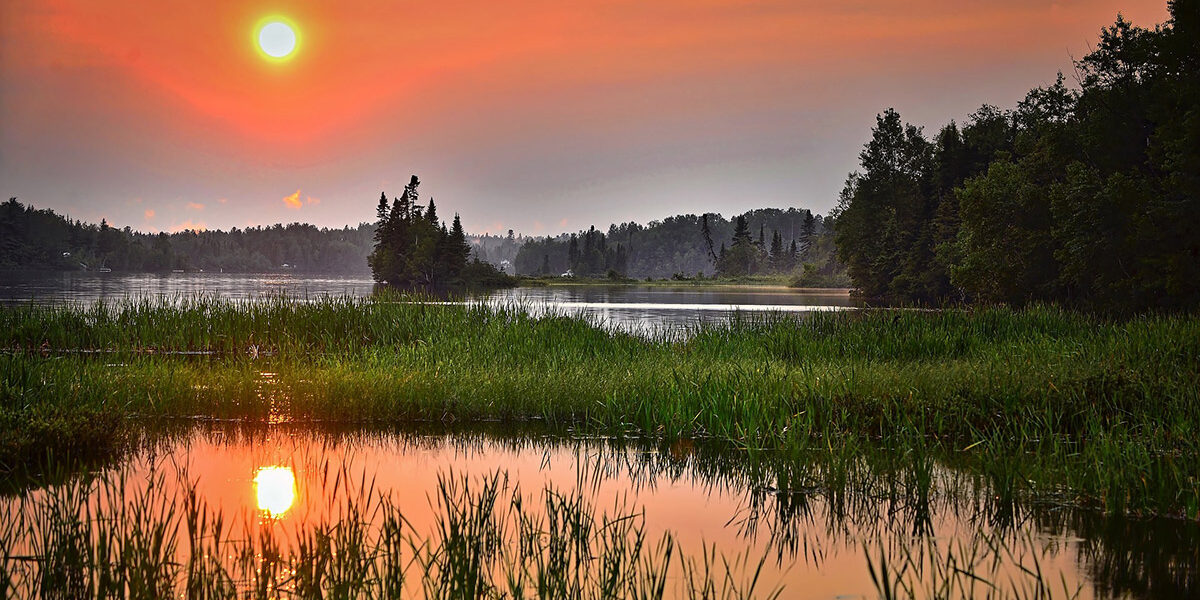by Lee Arden Lewis, Board Director, Lomiko Metals
Indigenous land acknowledgment has become essential in the mining industry as companies develop projects on the traditional lands of Indigenous peoples. Mining companies must build positive relationships with the rights holders of the land by being transparent with their planning, open to dialogue and input from local Indigenous leaders, and receptive to different ideas and points of view to ensure that everyone benefits from the project. This blog post will discuss the importance of Indigenous Land Acknowledgment as an important first step in a road map for how companies can work with Indigenous communities to create a mutually beneficial relationship.
Working on traditional Indigenous lands carries additional responsibilities
In Canada, most mining projects are located on traditional Indigenous lands, and as such, come with a unique set of challenges that mining companies must proactively address in order to ensure their project has a social license to operate (in other words, it is accepted by the local Indigenous and other communities).
At Lomiko, we believe engagement with first nations is a great opportunity to learn to work together and discuss mutual interests and the development of studies and other collaboration agreements, including equity investments. It is from this perspective that we want to know First Nations communities, including those not directly in our area of operations, so that we can identify opportunities early in the project development process.
First Nations peoples are not just stakeholders, they are rights holders. Mining companies must engage in dialogue with them to share details of the project, answer questions, and find a way to create wealth, opportunity and appropriate frameworks for ecosystem and environmental stewardship for these rights holders.
Although most industrial companies in Canada now recognize that environmentally responsible practices are essential to success, the potential for environmental damage always exists in the development of industrial projects of any kind. It is crucial that companies take measures to protect the land. In addition, the company must take the time to consult with the community to thoroughly understand the ecosystem of the project site.
The importance of a territorial acknowledgment
In the past decade, you may have heard an announcement made prior to an event known as a territorial acknowledgment.
A play at McGill University in Montreal could be prefaced with “this performance is taking place on the traditional territory of the Kanyen’kehà:ka, a place which has long served as a site of exchange amongst many First Nations.”
This addition to the script noted that the event was taking place on land originally inhabited by Indigenous peoples.
It’s a small but significant gesture given the history of Canada, during which Indigenous people have had their lands and even their children taken from them.
The territorial acknowledgment recognizes both the past and the future. We must learn from the past and plan for the future.
Traditional lands vs. unceded Indigenous land
We say “traditional” to recognize how land was traditionally used or occupied by First Nations; “ancestral” to recognize that land is handed down from generation to generation; and “unceded” to recognize the land not being turned over to the Crown by a treaty or other agreement.
Unceded means that First Nations people never ceded or legally signed away their lands to the Crown or to Canada. A traditional territory is the geographic area identified by a First Nation as the land they and/or their ancestors traditionally occupied and used.
Treaties are agreements made between the Government of Canada, Indigenous groups and often provinces and territories that define ongoing rights and obligations on all sides. These agreements set out continuing treaty rights and benefits for each group.
What First Nations communities expect from mining companies
Mining has been both beneficial and damaging to Indigenous communities. It has been valuable in terms of employment and benefits that economic development brings to the area, but damaging due to the lack of consideration for how mining was conducted in the past and the waste left that sometimes impacted water, land, air, and people.
The pendulum has swung, and now there’s an increased focus on corporate social responsibility, which includes a commitment to building positive relationships with Indigenous communities.
When it comes to what First Nations communities expect from mining companies, they want to be respected as sovereign nations with a say in how their land is used. They also want to be consulted about mining projects, and they want a seat at the table when it comes to ecological decision-making and frameworks for the studies. Furthermore, Indigenous communities want integration of traditional language into studies as soon as possible, alongside equity ownership.
We must also recognize that each community is different, with unique timelines, interests and economic development priorities.
By working together, mining companies and other industrial project proponents, and Indigenous communities can create a mutually beneficial relationship.
A commitment to Indigenous matters
Moving forward, we at Lomiko believe that the mistakes of the past that may have adversely affected Indigenous and other peoples must lead to better decisions in the future.
Lomiko Metals is committed to extracting minerals that are critical for the revolution in renewable energy that is already underway and is shifting our society away from its dependence on fossil fuels towards green alternatives. As we do our part in the fight against climate change, it only makes sense that we insist on business practices and policies that protect water, energy, natural resources, and quality of life.
We see the Indigenous rights holders of the land where we operate as partners in this mission. Together, we will all benefit from a cleaner, greener planet.
For more news and updates from Lomiko Metals, head to lomiko.com


